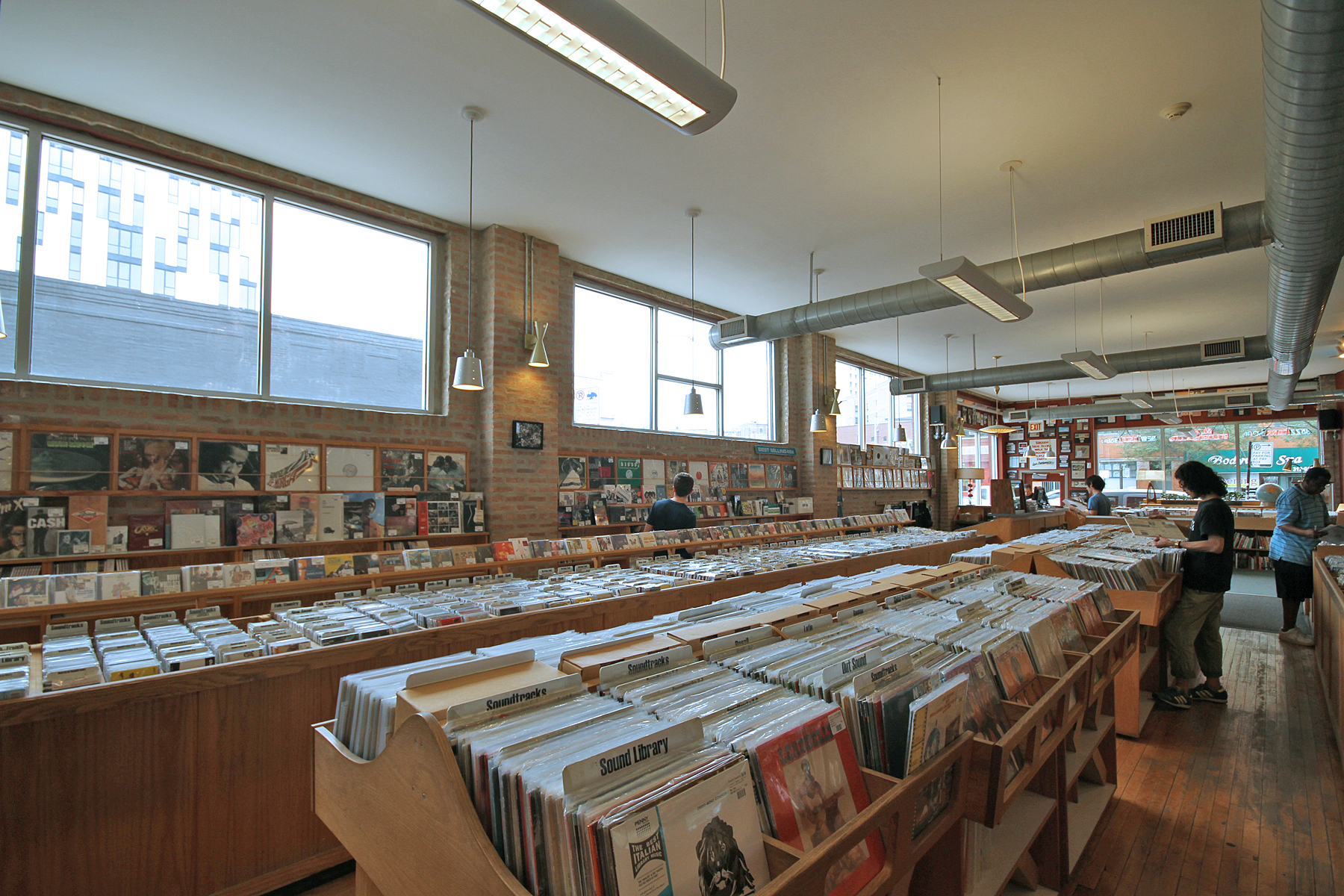Warner Music screw independent music stores by ending sales to small retailers
Warner Music have revealed that they will stop selling to music shops that make less than $10k for them a year, because being an independent retailer isn’t hard enough as it is.
Warner Music have ended deals with “about a hundred” music retailers that the giant record label didn’t feel were making them enough money. According to Pitchfork Warner Music, one of world’s “Big Three” record labels, has ended business with stores that made them less than $10,000 last year.
This is a massive blow to shops that assumably already have it hard enough, if they’re at the bottom of Warner’s distribution barrel. Speaking to Pitchfork Greg Glover, owner of Commercial Astoria selling vinyls alongside clothes and clothing accessories, said that he found his account closed after preparing a $1,400 order over the weekend. Glover said: “No product means no business.”
A rep for Warner’s distribution arm WEA said: “WEA proudly supports hundreds of independent vinyl retailers across the country with direct distribution, and many more through other channels. Last week, in accordance with our long-time policy, we recommended that a limited number of retailers would be better served by working with one of the many vinyl wholesale partners that carry all of our artists’ releases.”
That’s all well and good if all the stores were selling vinyl but a source from WEA revealed the a third of the accounts hadn’t even ordered vinyl in the last year, let alone sold it exclusively. Greg Glover said that going through intermediaries also leads to inflated prices meaning they either lose money or bump the prices for customers, which would also likely result in less sales… lose-lose for customers and shops.
Chicago music store Dusty Groove’s cofounder Rick Wojcik spoke out on the move, despite being unaffected by it. Wojcik said to Pitchfork: “When we started, and were quite small, we found it very difficult to work with record companies – even some of the small ones – because we were seen as ‘peanuts’ compared to the big retailers out there.
“These days, those big retailers are all gone, while we’ve slowly grown, and numbers that once seemed negligible to the music business are now the numbers of success. The vinyl revival is one example of that, where the numbers pressed are tiny, but seen as driving the bigger business of these companies, so it is a bit of a surprise that they’d be shaking loose customers who were small, but important.”
Wojcik ended saying: “Through all of this is the continuing self-fulfilling decline – in which the industry shuts doors on music retailing, then complains about it’s failure.” Whilst the major labels are nowhere near dissolution music has been moving dramatically towards independence from big business. Indie record labels are more prevalent than ever and music distributors, like us at RouteNote, help artists sell their music worldwide without needing a big business label behind them.
Whilst the move is part of an existing policy by WEA that requires a minimum of $10,000 annually from stores to continue business it doesn’t make it fair. Major labels should be protecting the changing industry that they have the largest influence in, instead they wish to fob off those selling their music that don’t make them enough money. I’m sure it doesn’t make a dent in the giant Warner’s business, but for small retailers this could be devastating.
